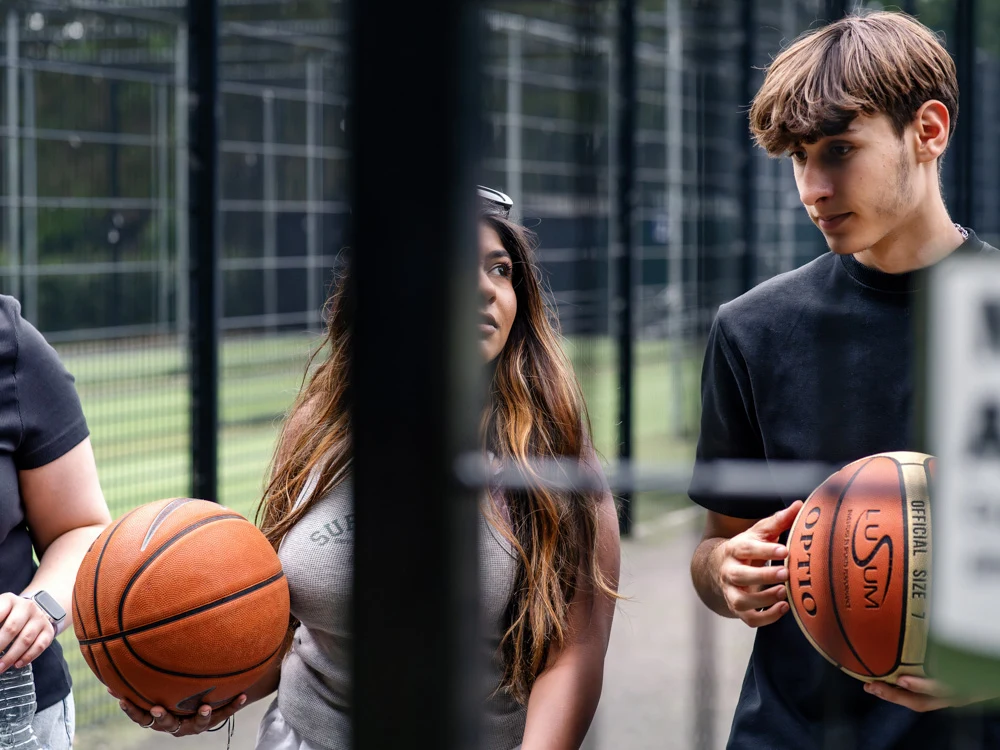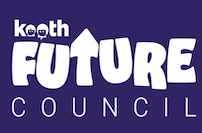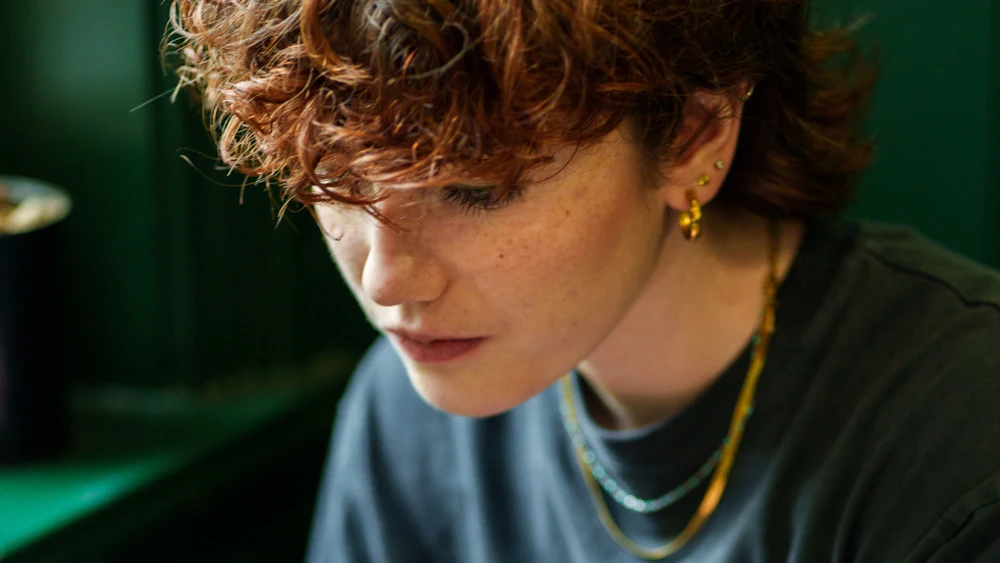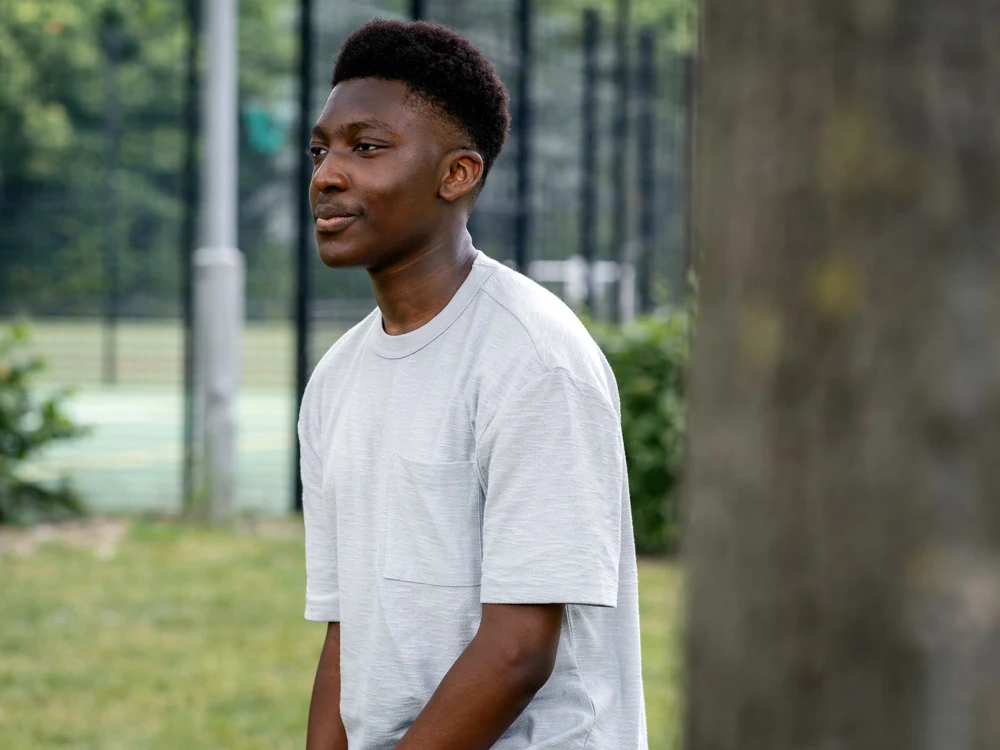Historically, things were done to and for people who needed mental health support. Thankfully times have changed and we’ve been progressively better at building services with and alongside people. This is particularly important for young people who now more than ever expect to have a voice and a greater sense of agency in resolving their own needs.
This message was one of many we heard loud and clear in our recent research project looking at what young people want and need from mental health services.
For me, the findings underline the importance of developing mental health services from a place of deep understanding and respect rather than - as was the case - a distant place of authority and prescription.
Autonomy
98% of young people said it was important or very important that they had a choice in what they did on Kooth and 97% of young people said it was important that they did not need a referral to access the service.
Having a service that young people can dip in and out of and use on their terms offers service users a powerful sense of agency: they are in a safe space where they are in charge. As one young person put it: “I feel like I can be responsible and ask for help myself and reach out myself.”
Anonymity
Autonomy is closely linked with anonymity, which gives young people the freedom to express themselves fully and honestly and take their own individual journey through Kooth. A significant 97% of service users told us it was important that they could be anonymous on Kooth.
Accessibility
While availability is obviously key to tackling this crisis, services must also be there when needed: 96% of young people on Kooth said it was important that they could access our service after school or work; 95% said it was important or very important to them that there were no long waiting lists to chat with a counsellor.
According to one young person on Kooth: "It's a great way of getting your feelings out there and getting the support you need right away for free, before it progressively gets worse."
Appeal
Because we are closely aligned with young people, Kooth is a place where they want to come and which gives them what they want and need. Nine in 10 young people rated content on Kooth as helpful and a huge 96% would recommend us to a friend, which is hugely gratifying.
Responding to young people’s wants and needs
Of course, Kooth is constantly changing just as young people’s wants and needs change. Our teams are engaged in responding to feedback that enhance our service. For example, some of our service users asked for a search bar so they could find relevant forum posts, which we have now delivered. Others asked for avatars with headscarves to enable them to pick those that better represent them, which are also now available.
Being responsive and reflective in how we shape the service is key to its effectiveness - which, given the levels of unmet demand, has never been more important.
Mental health crisis
We are seeing rising acuity in terms of mental health among young people. This is especially concerning when NHS services are more stretched than ever, making it hard to access help. There is an urgent need to mobilise clinically safe help quickly, in a way that is effective, accessible to all and which appeals to young people - and with limited government budgets. A tough ask. But one technology can help deliver, with benefits to the individual, to wider communities, to whole populations and to the whole system.
I would urge you to look over the findings of our report in more detail In the meantime, I’ll leave you with this quote from a young person, which for me sums up why Kooth is so important:
"It was the first place I came for help [and] meant I had someone to tell about my anorexia before I got put in treatment. It's a very isolating disease and there wasn't a single person who knew about it at first, but Kooth was there, be it through the journal or messages. The anonymity made me feel safe and able to be more open about it as well. I can't thank you guys enough."
To learn more download the full report here





